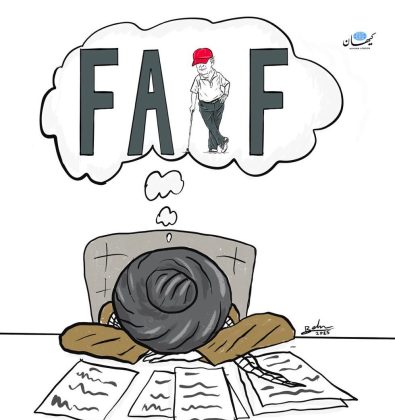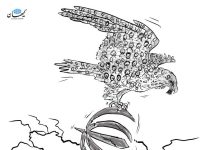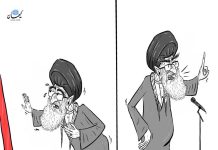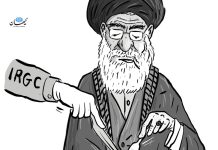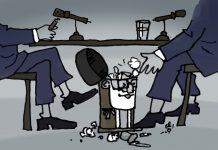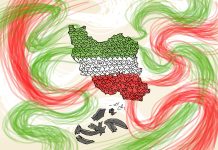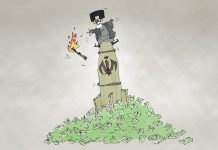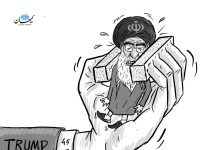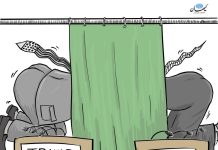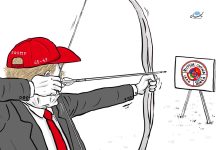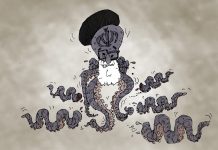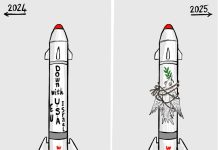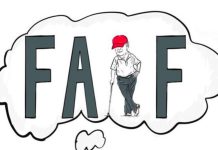Artist: Behnam Mohammadi
By Kayhan Life Staff
In 2024, Iran’s theocratic regime faced considerable setbacks to its political clout and regional influence amid a protracted conflict with Israel that has spanned over a year. The situation worsened with the recent downfall of Bashar Al-Assad, a key ally in Syria, whose regime was toppled just last month by a determined coalition of armed rebels. This tumultuous turn has left Iran grappling with a deepening economic crisis at home and a significantly weakened axis of resistance in the Middle East.
As the new year dawns, Iran’s ruling clerics find themselves at a crossroads, confronted with a pressing dilemma: whether to accept the stringent anti-money laundering regulations set forth by the Financial Action Task Force (FATF). Compliance with these regulations seems imperative to avert the country’s near-total isolation from the global banking system, which has become increasingly untenable.
Compounding this challenge is the anticipated pressure from the incoming U.S. President Donald Trump, who is set to assume office shortly. Trump has made it clear that any efforts to reinvigorate the 2015 nuclear deal—which Iran has recently indicated a willingness to explore, including participating in an upcoming meeting with Britain, France, and Germany in mid-January—will come with a series of preconditions that Iran would need to address.
In his inaugural press conference, Iran’s new president, Masoud Pezeshkian, promised his administration would engage with the nuclear deal’s complexities. This deal has long been a focal point, offering potential sanctions relief in exchange for stringent access and oversight of Iran’s nuclear sites and compliance with FATF regulations. Reflecting a certain level of pragmatism, Iran’s Supreme Leader has also voiced an interest in adhering to these regulations, urging for a comprehensive review of proposals to meet the FATF’s requirements.
At present, Iran stands on the FATF’s blacklist due to its history of non-compliance, which poses an additional complication in its efforts to escape economic isolation and restore its standing in the international community.

